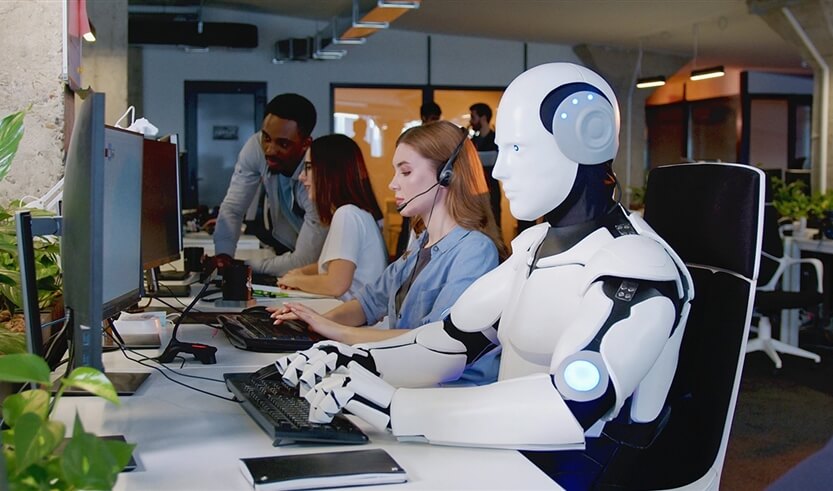Reshaping Our Workplaces: The Future of Work with AI
Artificial intelligence (AI) is rapidly reshaping the way we work, automating tasks, enhancing productivity, and transforming the workplace landscape. As AI continues to advance, it is essential to understand its potential benefits and challenges to prepare for the future of work.
Automation and Task Optimization
AI can automate repetitive and mundane tasks, freeing up employees to focus on more strategic and creative work. For example, AI-powered chatbots can handle customer service inquiries, while AI algorithms can analyze large datasets to identify trends and patterns. This automation can lead to increased efficiency, reduced costs, and improved employee satisfaction.
Enhanced Collaboration and Decision-Making
AI can facilitate collaboration among teams by providing tools for communication, project management, and knowledge sharing. Additionally, AI can analyze data to inform decision-making, identify trends and patterns that humans may miss, and provide insights that can lead to better outcomes.

New Job Roles and Skills
The rise of AI is creating new job roles and demand for new skills. AI engineers, data scientists, and AI ethics specialists are just a few examples of emerging professions. Employees will need to develop skills such as critical thinking, problem-solving, creativity, and adaptability to thrive in the AI-powered workplace.
Ethical Considerations and Bias
The introduction of AI into the workplace raises ethical concerns. One major concern is job displacement, as AI can automate tasks that were previously performed by humans. Additionally, there is a risk of bias in AI algorithms, which can perpetuate discrimination and inequality. It is crucial to address these ethical issues and ensure that AI is used responsibly and for the benefit of all.
Preparing for the Future
To prepare for the future of work, individuals and organizations need to adopt a proactive approach. Upskilling and reskilling are essential to ensure that employees have the skills necessary to succeed in the AI-powered workplace. Additionally, organizations should invest in AI technologies and create a culture of innovation and experimentation.
Conclusion
AI has the potential to revolutionize the workplace, but it is important to approach these changes with a thoughtful and strategic mindset. By understanding the benefits and challenges of AI, individuals and organizations can prepare for the future of work and harness the power of AI to drive innovation and growth.